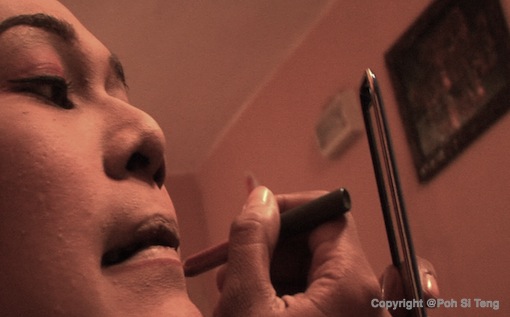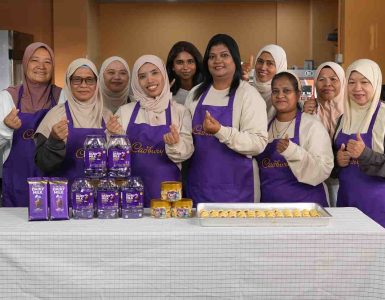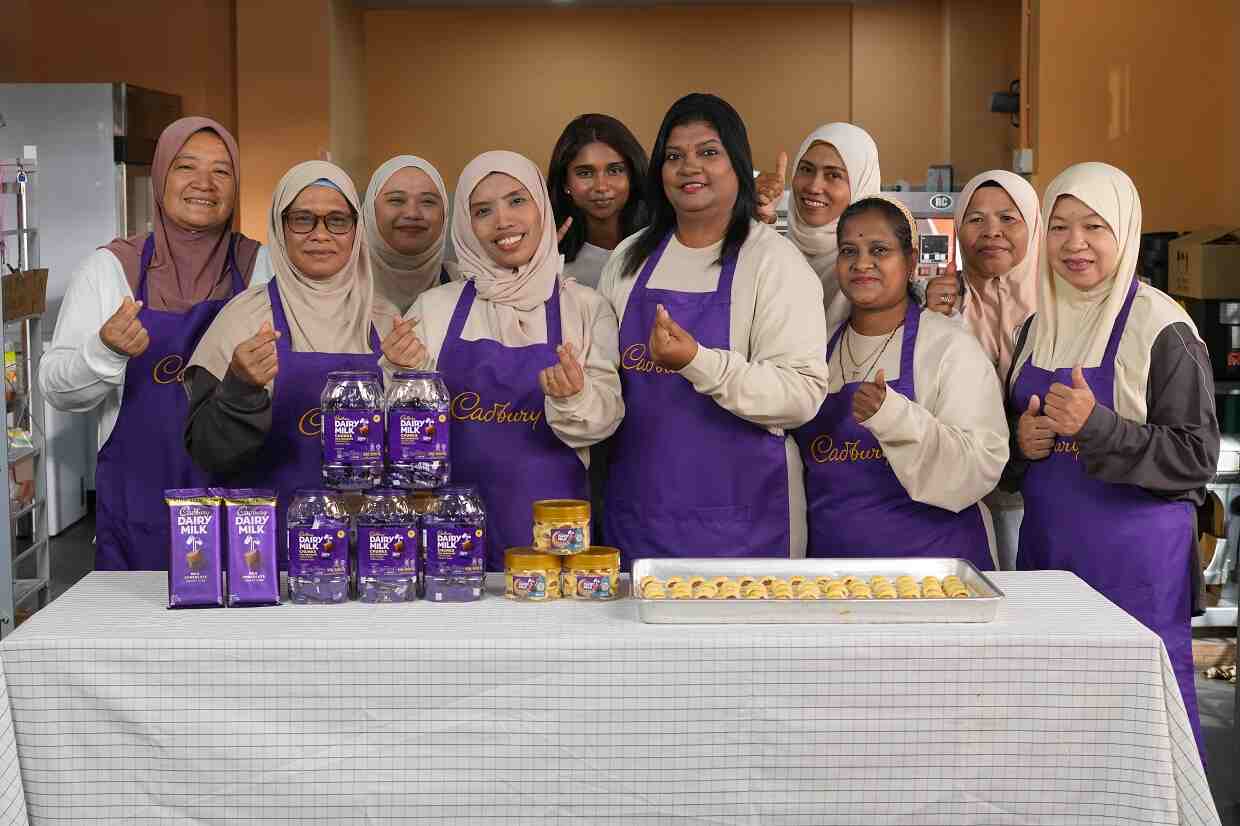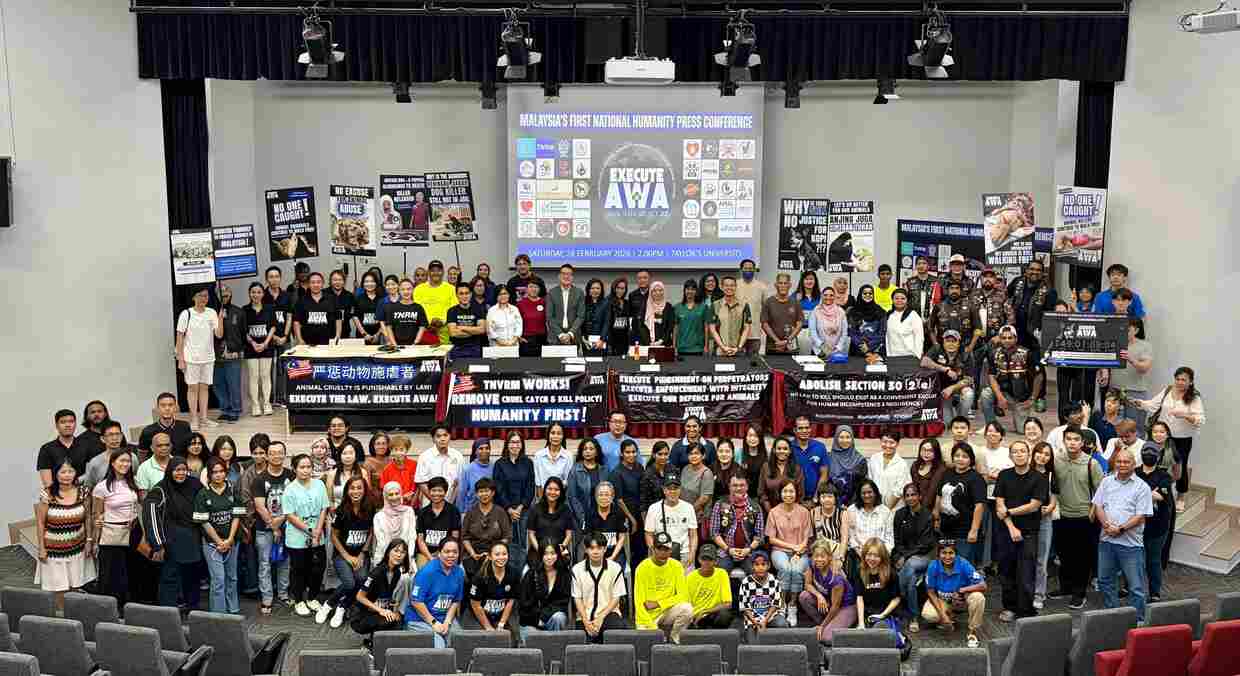Forced to walk naked past male inmates and perform oral sex on them is a tormenting experience for some transwomen in Malaysia who are imprisoned for “impersonating a woman.”
To prevent further abuse from fellow inmates and receive protection, some transwomen perform sexual favors for the prison warden, also known as the “daddy.” Nisha Ayub, an advocate for the Malaysian transgender community and programme manager for the only transgender initiative in a Malaysian NGO, was a victim of such abuse at the young age of 21.
While hanging out with her friends, unaware that she was committing an offence, Nisha was picked up by the religious authorities. According to Section 28 (differs by State) of the Syariah Criminal Offences, it is against the law to “impersonate a woman” or “cross-dress.” The Act is used to target transgender persons within the Muslim Malay society in Malaysia.
For three months, Nisha was imprisoned in a men’s jail. The experiences she faced in that short period of time were horrific enough to remain with her a lifetime. These memories, or nightmares as it seems, turned her into the fearless and significant advocate that she is today for the transgender community in Malaysia.
Dressed in black, with straight, long black hair and beautiful dangling earrings, Nisha greeted me at the centre she works in with a smile and thanked me for giving a voice to her community. It was a Sunday afternoon and I apologised for taking time on her day off, but with a reassuring smile, she told me distinctly, “anything for my community.”
Transwomen are a highly marginalised and persecuted community in Malaysia. Nisha was sad to say that most violations against transwomen are not reported, hence it is difficult to get accurate statistics on the number of them who are murdered or harassed. However, based on the cases that have been reported at the centre, there were six cases of hate crimes that led to death and three cases of suicide last year, along with five cases of hate crimes that almost caused death and three murder cases this year.
Transwomen in Malaysia frequently face grave violations such as targeted murder, deaths threats and different forms of abuse. They are openly discriminated and constantly harassed by the public (mostly men), the religious authorities and the police. Nisha explained that in comparison with transmen, transwomen experience greater discrimination and harassment due to their visibility. It is more apparent when men transform into women in contrast to women who transform into men.
The discrimination and harassment faced by transwomen begins at home and school. Due to non-acceptance by the family, some transwomen are kicked out of home sometimes during their teenage years and become homeless at a very young age, shared Nisha.
To worsen the situation, in 2012 the Malaysian Ministry of Education sent out guidelines to schools for parents and teachers to identify students who portray behaviour similar to that of the LGBT community and randomly selected students to attend rehabilitation camps organised by the government.
There was a huge outcry by civil society organisations against this practice which was contained to a certain extent. From a young age, many transwomen lack the support, understanding, space to come to terms with their changes and identity.
Many are socially isolated because of their identity, branded as enemies of the country and of Islam – their actions accused as being against the nation’s moral values.
This issue is intensified by the negative attitudes portrayed by media on the LGBT community. Although the Muslim transwomen are directly affected by the Syariah laws, the non-Muslim transwomen have been arrested and convicted for “disorderly and indecent behaviour”.
Based on the 2010 UNGASS Country Progress Report – Malaysia, nearly 80% of the transgender population has been involved in sex work at some point. Nisha attributes this to the high unemployment rate within their community which is a major barrier to achieving economic security.
Although many are qualified or have finished school, most employers do not hire transwomen, making it difficult for them to earn a living or even survive.
Many transwomen who are jobless and homeless come to the centre where Nisha works with similar issues and seek assistance with basic needs. Sex work becomes a last resort for many as a means for survival even though some earn as low as USD1.75 per client or service. As a result of the hazards in this industry, transgendered people unfortunately account for nearly 10% of the HIV positive people in Malaysia (2010 UNGASS Country Progress Report – Malaysia).
Nisha emphasised that violence against transwomen is a huge issue resulting from the community’s lack of understanding. Nisha strongly believes that through acceptance, most issues can be mitigated. The inability to change one’s gender on the nation’s identity card and have sex reassignment surgery in Malaysia are struggles that the trans community continues to face in working towards gaining this recognition.
Nisha is convinced that Malaysia’s youth is more open minded to issues faced by the transwomen. She spends time to inform them about the LGBT community, and believes that transwomen will have a better standing in society in the future. Creating greater awareness on the transwomen community is a priority for Nisha as the lack of understanding largely contributes to the issues faced by transwomen.
On one hand, violence against transwomen is on the rise in Malaysia, on the other hand, a parliament member from opposition hired a transwomen to be the party secretary which is a huge step forward in the eyes of the trans community. It is positive to see progress in some areas, but there is still major weakness in the system and high intolerance and discrimination by people towards the transwomen.
The right to personal liberty, non-discrimination, freedom of movement, freedom to express one’s identity as guaranteed in the Malaysian federal constitution needs to be upheld by the people in Malaysia. The multiple-discrimination faced by our sisters has to stop right away and no hate crimes should be committed towards transwomen.
* This interview is based on the subject’s knowledge, opinions and feelings on the issues faced by the transwomen community in Malaysia.
** It is important for the community that people understand the different identities such as transgender women, transsexual women, transvestites, cross-dressers and drag queens and to acknowledge, accept and respect them accordingly
*** This article is part of a writing assignment for Voices of Our Future a program of World Pulse that provides rigorous digital media and citizen journalism training for grassroots women leaders. World Pulse lifts and unites the voices of women from some of the most unheard regions of the world.
This article can be read at the following link – http://worldpulse.com/node/75525











